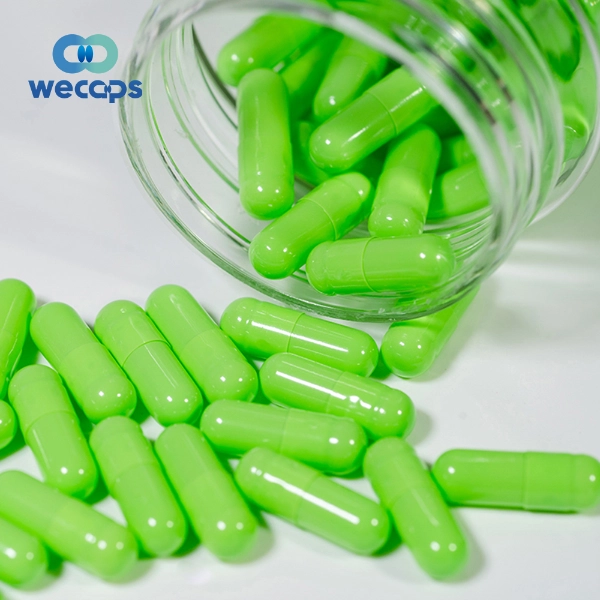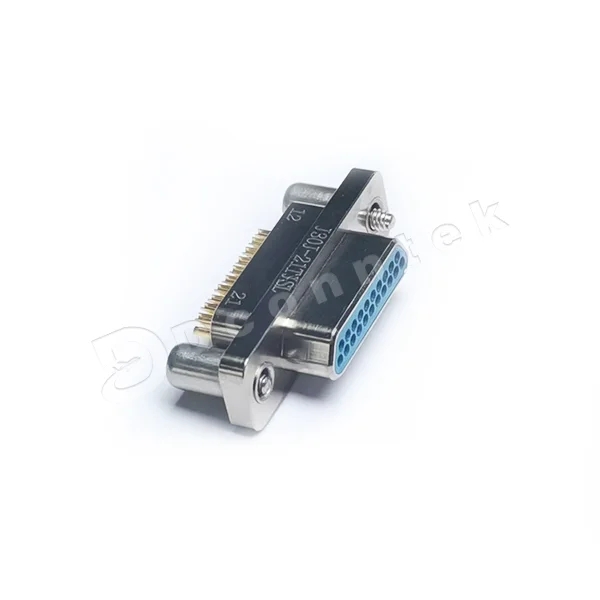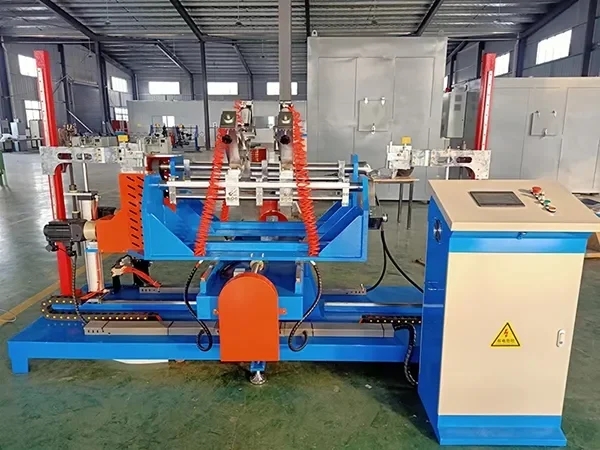Are Cellulose Vegetable Capsule Shells Difficult to Digest?
3 min readIn the field of dietary supplements and pharmaceuticals, the choice of capsule shell material is an important consideration. One of the most commonly used materials is cellulose, which comes from plant fibers. The question often arises: Is cellulose vegetable capsule shell difficult to digest? As a cellulose vegetable capsule manufacturer, Wecaps shares with you the properties, its digestion process, and its impact on health and supplements.
What is Cellulose?
Cellulose is a complex carbohydrate and the primary structural component of plant cell walls. It is a polysaccharide composed of thousands of glucose units linked by glycosidic bonds. While cellulose is abundant in nature, it is not digestible by humans due to the lack of the enzyme cellulase in our bodies, which is necessary to break down the strong bonds between glucose units.
Cellulose in Capsules:
Vegetable capsules are an alternative to gelatin capsules, often chosen for vegetarian, vegan, or religious dietary preferences. The cellulose used in these capsules is typically derived from non-GMO sources like pine or cotton, processed into a fine powder, and then reformed into a gel-like substance that can be shaped into capsules.
Digestion of Cellulose Capsules:
The human digestive system is equipped with enzymes that break down proteins, carbohydrates, and fats, but not cellulose. However, this does not mean that cellulose capsules are indigestible. The process by which cellulose capsules are digested is different from the digestion of the capsule's contents.
1. Dissolution in Stomach Acid: The capsule shell begins to dissolve in the stomach's acidic environment. The acid helps to break down the capsule's structure, allowing the contents to be released.
2. Further Breakdown in the Intestines: Once the capsule shell has been weakened by stomach acid, it continues to break down in the intestines. The intestinal environment is less acidic and contains enzymes that can further degrade the cellulose.
3. Bacterial Fermentation: Some of the cellulose that escapes initial digestion may be fermented by bacteria in the large intestine. This fermentation process can produce short-chain fatty acids, which are beneficial for gut health.

Benefits of Cellulose Capsules:
1. Digestive Health: The fermentation of cellulose in the gut can promote the growth of beneficial bacteria, contributing to a healthy microbiome.
2. Vegetarian-Friendly: For those who avoid gelatin for ethical or dietary reasons, cellulose capsules are a suitable alternative.
3. Stability: Cellulose capsules can provide better stability for certain types of supplements, protecting them from moisture and air.
4. Ease of Swallowing: Many people find it easier to swallow a small, smooth vegetable capsule compared to a larger, sometimes irregularly shaped gelatin capsule.
Is Cellulose Difficult to Digest?
The process of capsule dissolution and the subsequent breakdown in the intestines mean that the cellulose capsule shell does not pose a significant barrier to the absorption of the supplement's contents. The fermentation of cellulose by gut bacteria can even provide additional health benefits.
The cellulose vegetable capsule shell is not difficult to digest when used in supplements and medications. It dissolves in the stomach and continues to break down in the intestines, allowing the release and absorption of the capsule's contents. Furthermore, the fermentation of cellulose by gut bacteria can contribute to overall digestive health. For those seeking a vegetarian or vegan alternative to gelatin capsules, cellulose capsules are a safe and effective choice.
https://www.wecaps.com/industry-news/are-cellulose-vegetable-capsule-shells-difficult-to-digest.html
www.wecaps.com
Wecaps



